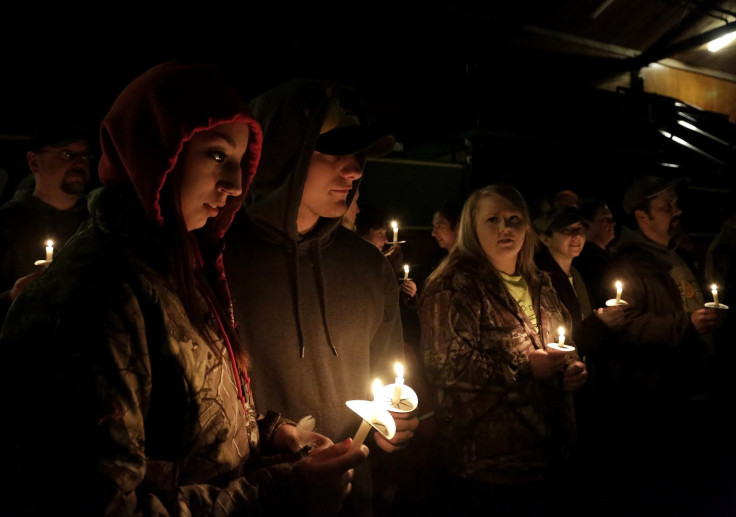Oso Mudslide: Families Of Victims File Lawsuit Against Washington State, County, Forest Owner

Families of some victims of a mudslide in March in Washington state have filed a lawsuit against the state, Snohomish County and a forest landowner, media reports said, citing an attorney on Monday. The landslide, which occurred on March 22, engulfed dozens of homes in the town of Oso, about 55 miles north of Seattle.
The wrongful death lawsuit was filed by 10 families, who lost 14 relatives in the disaster, alleging that officials were aware that residents were at risk but made no attempts to ensure their safety. The lawsuit, seeking damages and funeral expenses, was filed in King County Superior Court and reportedly names the state of Washington, Snohomish County and landowner Grandy Lake Forest Associates. The disaster, which was triggered by a week of heavy rainfall, claimed the lives of 43 people.
"The 2014 Oso landslide disaster was not 'natural' but the result of a series of actions and inactions," the lawsuit said, according to HeraldNet, a local news outlet. “The county and state knew that as a result of their conduct the Hazel Landslide posed an immediate risk to human life, but instead of purchasing homes and relocating families, the county elected to improve fish habitat, to allow continued home construction on Steelhead Drive, and to provide false reassurance to the citizens whose lives hung in the balance that measures it was taking would protect them against disasters.”
Corrie Yackulic, a Seattle lawyer who filed the lawsuit, said that, since 1952, experts had cautioned local officials that the area was prone to landslides because of increased logging activity, which made the ground susceptible to becoming saturated with excess rain water, Reuters reported.
The lawsuit also reportedly claimed that the state and the county were not careful enough while allowing developments where the landslide occurred.
John Pennington, Snohomish County's emergency management director, reportedly said after the disaster that the Oso community knew about the risks of living in the area, but the disaster was “unforeseen.”
© Copyright IBTimes 2024. All rights reserved.











